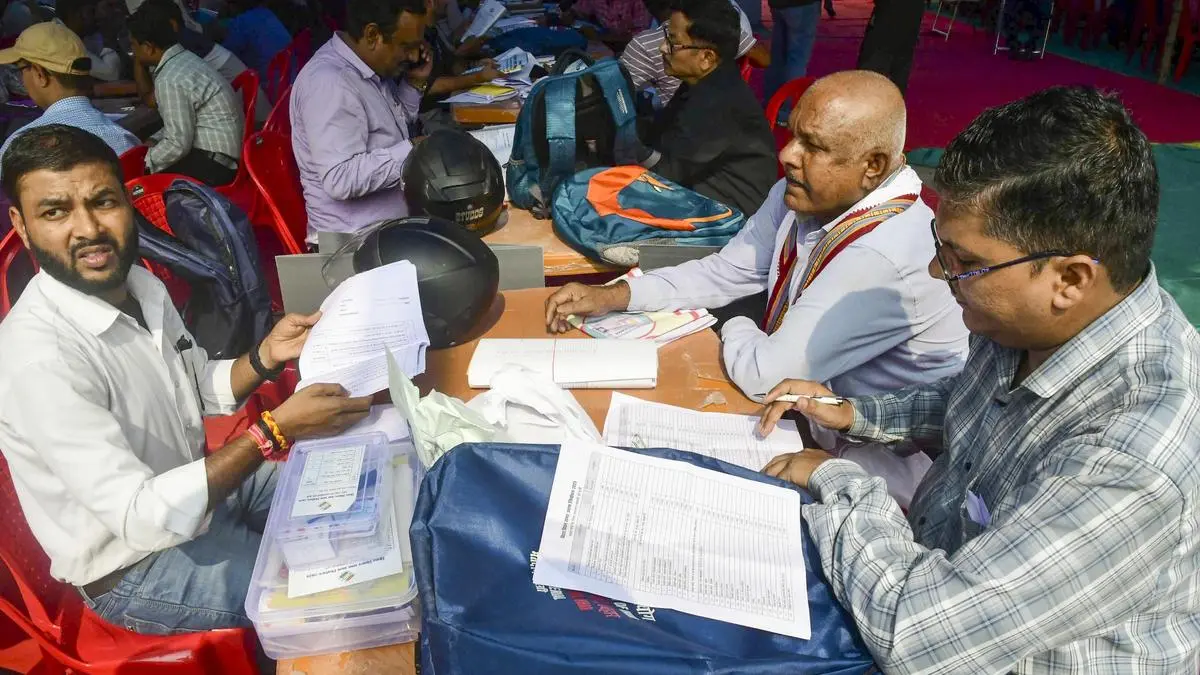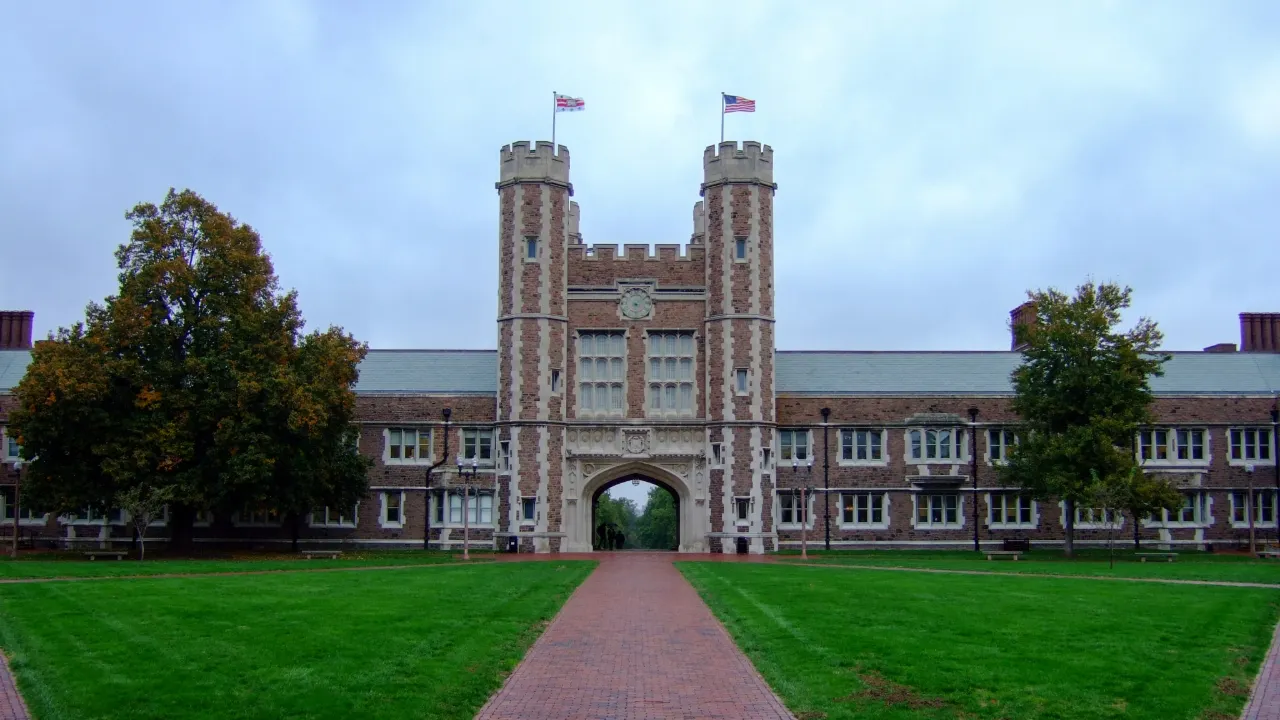Copyright thehindubusinessline

As elections draw near, parties in the fray outdo each other in making crazy promises — of jobs, cash transfers or free power. Bihar is no different; and the two formations locked in combat — the Mahagathbandan led by the Rasthtriya Janata Dal and Congress and the National Democratic Alliance led by the BJP and Janata Dal (United) — have promised to turn what is perhaps India’s poorest State into an El Dorado in double quick time. The questions that arise are: where is the money; and is it being spent to address basic issues of the State? Their promises are similar, with their focus on women and ‘extremely backward classes’; the latter accounts for 30 per cent of the population. The NDA has promised to create one crore jobs, one crore lakhpati didis (women in self help groups), financial assistance of up to ₹10 lakh for EBCs; three cash transfers to farmers in a year totalling ₹9,000; two cash transfers to fishermen annually of ₹4,500 each; free power up to 125 units; free medical treatment up to ₹5 lakh; life insurance of up to ₹4 lakh for auto and taxi drivers; monthly stipend of ₹2,000 to SC students, among others. It has also promised development of highways and airports. The Mahagathbandan, not to be outdone, has promised one government job per family; implementation of old pension scheme; turning SHG workers (Jeevika didis) into government employees with a salary of ₹30,000 a month; a monthly stipend of ₹2,500 to all women; free electricity up to 200 units; free life insurance up to ₹25 lakh; and more. It has promised to set up district hospitals, industry clusters, expressways, a 2,000- acre education city and women’s colleges in every district. Unconditional cash transfer schemes have exploded across the country. These cash transfers, researchers have shown, accounted for over ₹2.8 lakh crore in FY25, with States alone doling out ₹2.11 lakh crore. About a decade ago, in FY16, States spent just above ₹3,600 crore in this way. The best yardstick of judging welfare schemes is whether they build long term human capital. Transfers to women perhaps do work here, while free power, or free distribution of consumer goods do not. Likewise, free education and health are important, for which higher outlays are desirable. To make such investments possible, the rash of cash transfer schemes needs to be reviewed. But in the fever of competitive populism, the fiscal constraint is forgotten. As of now, Bihar’s fiscal deficit and debt-to-GSDP ratio are barely in line with the national average; but its revenue-to-capex spending ratio as well as its R&D expenditure leave much to be desired. The former, at 7.7, is above the national average of 6, while the latter at ₹7 crore in FY25 is unspeakably poor. Investment in education is critical to curtail early migration. But promises to create jobs out of thin air create false expectations, especially in the absence of an economic plan. Finally, in the din and dust of poll promises, the real needs of the people are often left unaddressed. Published on November 4, 2025



